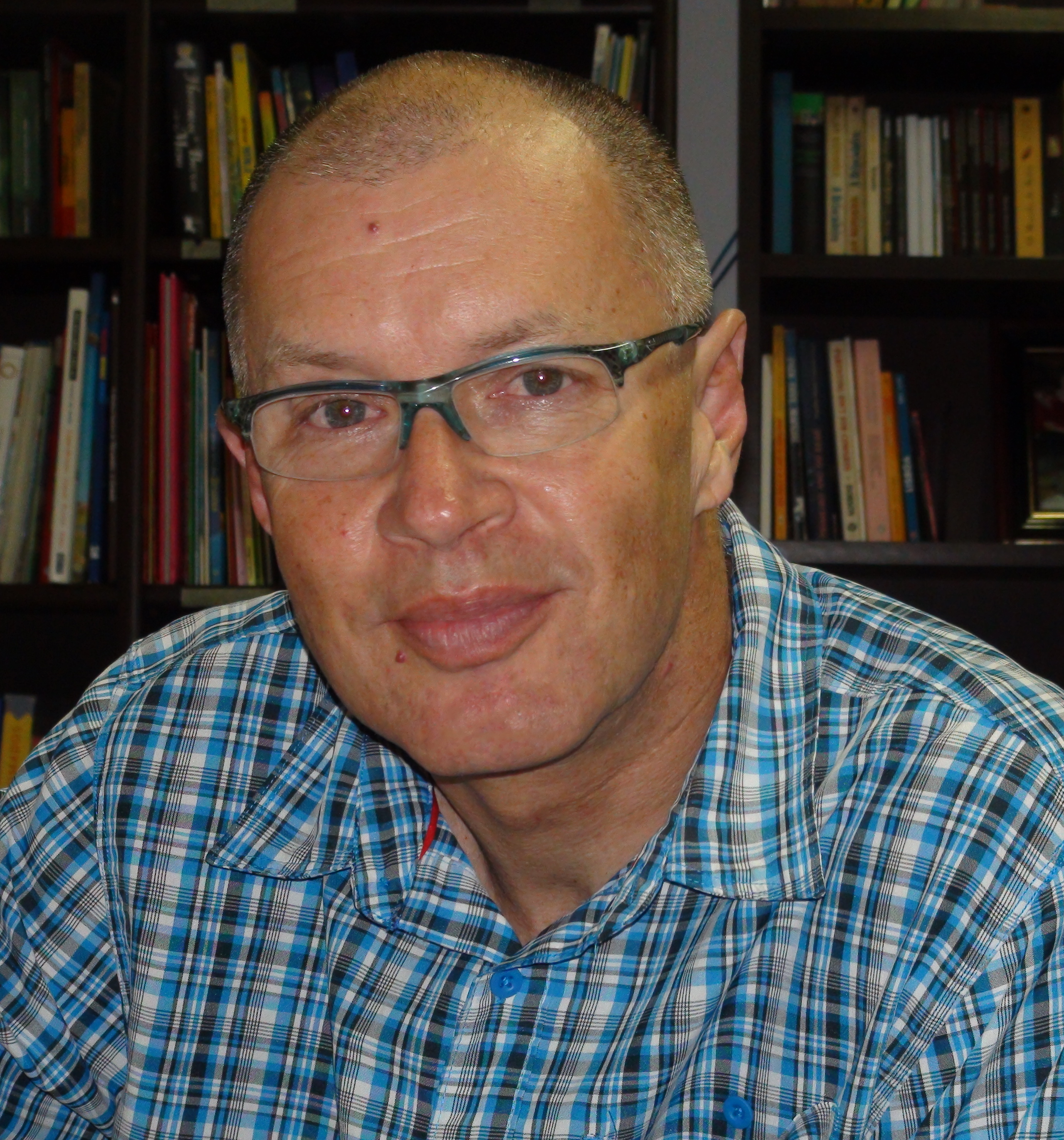
Ruy Exel, a visiting professor in mathematics this semester at the University of Nebraska-Lincoln from the Universidade Federal de Santa Catarina will present "Twenty Questions, Mastermind & Entropy" on Friday, Nov. 2, at 4 p.m. in 115 Avery Hall on the University of Nebraska-Lincoln City Campus. This talk is free and open to the public. We encourage teachers and students to attend.
Abstract:
"Imagine a table with a large number of objects of different colors, shapes, weights, sizes, flavors, smells … I’ll think of one of the objects and I’ll challenge you to guess it. You are allowed to ask what is the object’s color, or maybe its shape, which side of the table it is located or any other characteristic until you finally guess it. Which characteristic should you ask about first? If all objects are white, except for a red one, is it a good strategy to start by asking which color it is? If you get red as an answer, you win the game, but it is much more likely I’ll say white and you are back to square one!
The purpose of this lecture is to discuss, in a mathematically precise way, how to measure the value of information, leading up to the notion of entropy, and to show how it can be used to gauge how much information you should expect to get with each question in the above game, and also in games such as 'Twenty Questions' or 'Mastermind.' Should time allow, we will move on to other applications of these ideas, for example highlighting the famous Gibbs states of statistical mechanics which tell you how to compute the probability of each face of an uneven dice. Entropy is also highly relevant in physics, statistics, computer science, electrical engineering, natural language processing, cryptography, neurobiology, human vision, the evolution and function of molecular codes (bioinformatics), quantum computing, linguistics, plagiarism detection and pattern recognition, but unfortunately we will not have time to discuss any of these."
To read more about the Rowlee Lecture Series, please visit:
http://www.math.unl.edu/events/rowlee